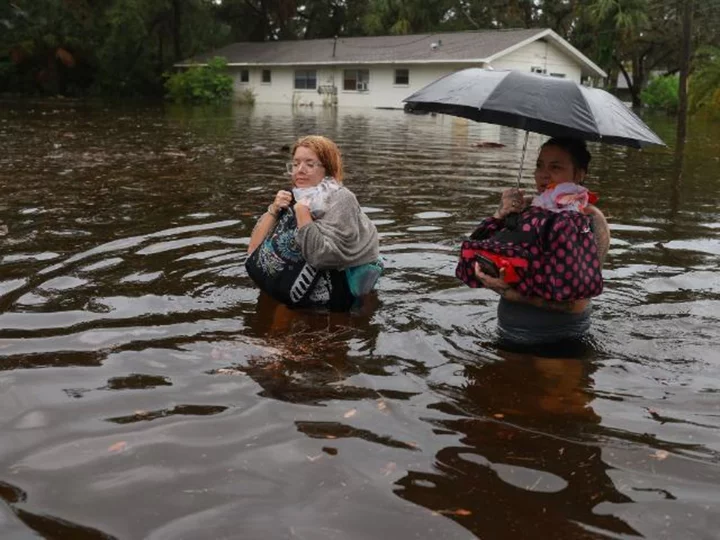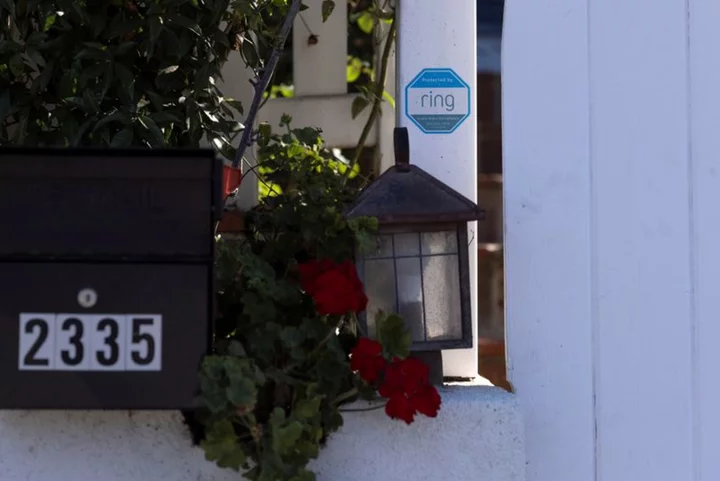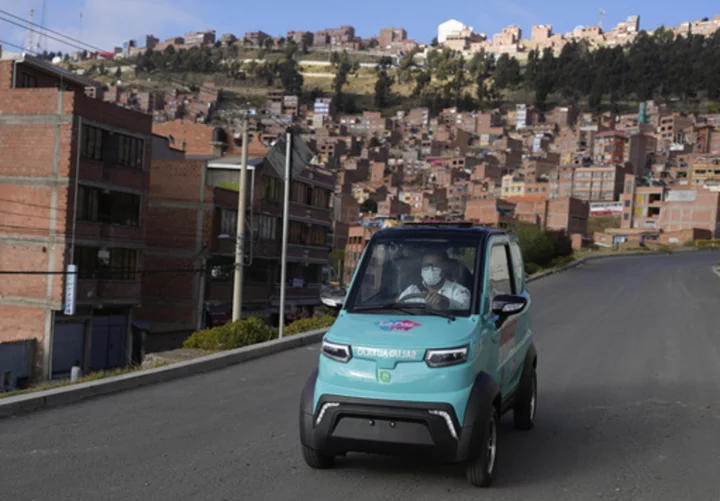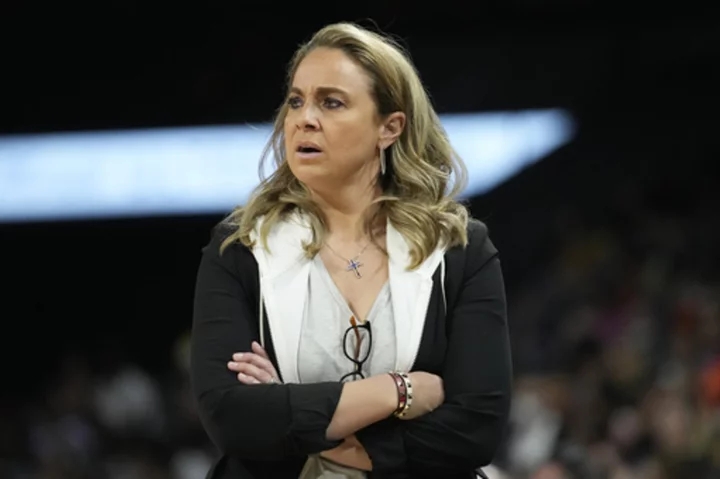Hurricane Idalia is over, but the rebuilding effort has just begun.
Residents in Florida, Georgia and the Carolinas can access federal, state and local assistance, as well as aid from nonprofit and charitable groups, to help them contend with storm damage to their homes, vehicles and other property.
However, although President Joe Biden on Thursday approved Florida's disaster declaration and the Federal Emergency Management Agency has pre-positioned strike teams on standby to survey and assess the damage, it can be tough for survivors to obtain help. The applications and required documentation can be onerous -- issues that may be magnified in the rural stretches of the Southeast where the hurricane hit, experts said.
"That's really the challenge -- trying to navigate what can be very complex systems during a time period where information is not readily accessible to you," said Tricia Wachtendorf, co-director of the Disaster Research Center at the University of Delaware.
Available aid
FEMA administers several programs to help provide eligible hurricane and other disaster survivors with places to live.
It offers assistance to rent an apartment, house or other housing while the applicant is displaced from the damaged primary residence. The agency also can reimburse applicants for short-term stays in hotels, motels or other lodging. And it provides financial aid to homeowners who are repairing or replacing their primary residences -- up to $41,000 for disasters that strike in this fiscal year, which ends September 30.
The agency also offers funding to replace furnishings, appliances, vehicles and certain other items to those who qualify. It can pay for medical or dental expenses caused by the disaster, as well as funeral expenses, moving and storage, and increased child care costs. This separate reimbursement is also capped at $41,000.
Generally, the assistance is available to US citizens, permanent residents or certain others who live in the US. Applicants must first go through their insurance companies, so they typically receive much less than the maximum federal aid allowed, said James Kendra, co-director at the center.
"These sums are not enough to totally restore people's houses or lives, and that's part of the philosophy of disaster management in the United States," Kendra said. "The first line of defense is people's personal homeowners or renters insurance and their own resources."
Aid is limited to 18 months after the disaster strikes, though it may be extended under extraordinary circumstances.
The Small Business Administration is also an important source of federal funding for disaster survivors. It provides loans of up to $500,000 to rebuild homeowners' primary residences and up to $100,000 for renters and homeowners to replace personal property. The interest rates are typically lower than those available from financial institutions.
However, since it is a loan, disaster survivors must qualify -- which can entail having good credit and a job, said Michelle Annette Meyer, director of the Hazard Reduction and Recovery Center at Texas A&M University.
Nonprofit organizations, such as the United Methodist Committee on Relief and the Society of St. Vincent de Paul, also provide disaster response. They help with immediate needs, including food, water and shelter, and longer-term assistance, such as helping survivors get the help to which they are entitled and rebuild their homes. Some groups also walk people through filing appeals for federal aid since most get denied initially because of verification or documentation issues, Meyer said.
Making aid more equitable
Not everyone can access federal assistance, particularly help provided by FEMA, equally. Also, because aid is based on losses, not on need, it can end up being inequitable, Meyer said.
The US Commission on Civil Rights last year published a report that recommended FEMA's recovery and mitigation process focus on survivors with the greatest needs, particularly people of color, low-income residents, those with disabilities, immigrants, LGBTQ communities and other marginalized people. The agency should also create clearer guidelines to apply for aid and provide a sufficient number of staff fluent in the languages spoken in the affected areas, the report said.
The commission also noted that the lack of electricity and internet made it more difficult for those hit by the hurricanes to access federal assistance. It recommended that federal agencies provide access to technology to address the divide and create a paper application process if residents have no power or internet.
Under Administrator Deanne Criswell, FEMA has made several changes to address some of the disparity issues. For instance, the agency simplified its application process for individual assistance and expanded the types of documentation survivors can provide to verify home occupancy and ownership, said agency press secretary Jeremy Edwards.
"This change has allowed FEMA to provide hundreds of millions of dollars in assistance to survivors who would have been previously ineligible otherwise," he said.
Unlike Hurricane Ian last year, Hurricane Idalia tore through a more rural part of Florida. This can pose different challenges since the homes are farther apart, the roads may not be as easy to travel and the internet service may be less reliable. This can make it harder for FEMA officials to reach survivors and for those affected to file for assistance.
"There's going to be pockets of damage that folks are not going to know about," Meyer said.









